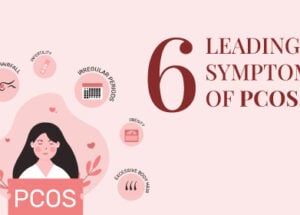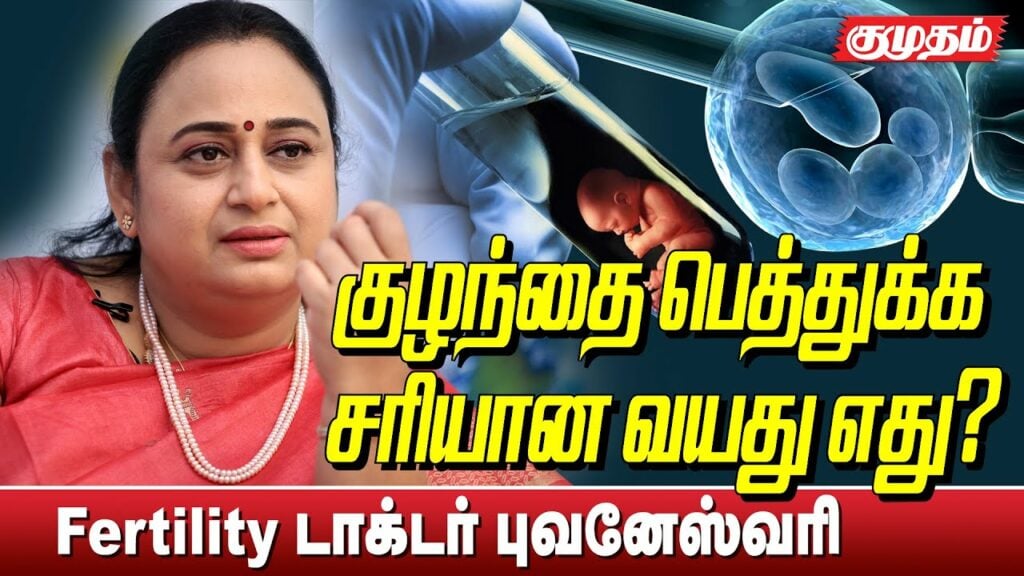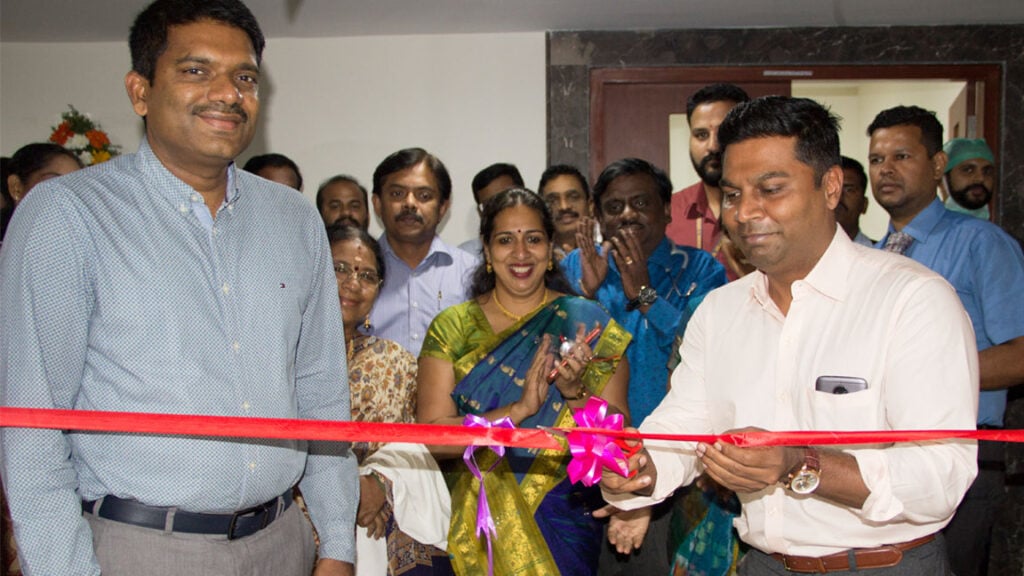Menopausal & Preventive Care
This branch of gynaecological practice focuses on the various problems arising in a woman’s body due to an approaching menopause. As the age progresses, regular screening becomes necessary to maintain a woman’s overall wellbeing.
Menopausal Issues
Menopause signifies the end of a woman’s menstrual cycles. When a woman does not menstruate for a period of 12 consecutive months, her ovaries are no longer producing any eggs and she has moved out of her reproductive age. Menopause generally occurs in women between 45-55 years of age.
Some of the classic signs of the onset of menopause include:
- Irregular menstrual cycles
- Hot flashes
- Vaginal dryness
- Weight gain
- Headaches
- Loss of Libido
- Thinning of hair
- Dryness of skin
- Depression
- Joint Pains & Aches
- Palpitation
Stages of Menopause:
Menopause can be broadly divided into three phases. A woman’s body transitions through these three phases over a span of a few years before she hits menopause.
Perimenopause
During this phase, a woman’s body naturally transitions from her regular ovulation cycle to a time when her menstruation ceases. Perimenopausal women experience a drop in their estrogen levels over a period of years, with a sharp decline a couple of years before menopause. Some women experience perimenopause in their late 30s, while others experience it in their 40s. This phase may span over 4-5 years.
Menopause
In this phase, a woman has not menstruated for a continuous 12-month period. She has officially attained menopause and does not produce reproductive hormones. A lot of women experience fatigue and various aches and pain during this period.
Post Menopause
The years following menopause fall under the post-menopausal phase. During this period, the woman’s emotional health gets stabilized and she regains
strength. However, she might develop a lot of other complications such as heart diseases, osteoporosis, etc., due to estrogen deprivation.
Although menopause occurs in women in their late 40s, some women may experience early or premature menopause due to premature ovarian failure or surgical removal of ovaries, if necessary
Menopause – Diagnosis
Your age, signs & symptoms will be sufficient to identify that you are going through the menopausal transition. However, we’d recommend you for a thorough blood work evaluation in case of any particular concerns. For, an underactive Thyroid gland can cause menopausal symptoms too. To make sure that the woman is experiencing menopause symptoms, we’ll typically check for high FSH and low estrogen levels.
Menopause – Treatments
Menopause is a natural phenomenon that every woman goes through. You will not need any special treatment to alleviate from the associated symptoms.
However, in case you have problems dealing with Menopause, you can always seek medical help. Here are a few popular treatments that will ease you out of your menopausal symptoms.
HRT: Hormone Replacement Therapy is one of the most effective treatments to reduce menopausal symptoms. But it also comes up with a few other health risks. Our doctors will evaluate your medical condition thoroughly and will help you understand the pros and cons of this treatment.
Vaginal Estrogen: We’ll prescribe a vaginal cream that you can put in your vagina to battle the dryness.
Vitamin D: We’ll put you on a course of Vitamin D and calcium supplements for maintaining your bone health.
Antidepressants: Mood swings and depression are common during menopause. Our doctors will evaluate your emotional health and suggest a low-dose antidepressant to alleviate the symptoms of depression.
SERMs: Selective estrogen receptor modulators (SERMs) have been found effective in treating hot flashes and vaginal dryness, in addition to controlling blood pressure.
Urinary incontinence
Urinary incontinence refers to the loss of bladder control. There are four types of Urinary Incontinence:
- Stress Incontinence
- Urge Incontinence
- Overflow Incontinence
- Functional Incontinence
Urinary incontinence could be quite embarrassing. It is therefore advisable to discuss this with your urogynaecologist, who will assess your condition and propose a treatment plan. If you stick to the treatment plan, do your kegel exercises and stay away from bladder irritant foods and include a few lifestyle changes- reversal of urinary incontinence isn’t difficult.
Preventive Healthcare
A proactive service geared to detect and nip problems early. We offer a systematic health check-up tailor made to the needs of today’s woman from teen to menopause. We also offer cancer screening services for women such as Pap smear (Liquid Based Cytology), digital mammography and DEXA scan for osteoporosis.
Gynaecological Cancers
Cancer has become quite a common disease today. Because of our lifestyle, excessive stress and bad eating habits, even younger women are becoming victims of this dreadful disease. However, early screening and diagnosis can help plan a treatment that can help you come clean out of cancer. At Dr. Rela’s Institute, the gynaecological cancer treatments are managed by a multidisciplinary team consisting of Gynaecologist, Onco-Surgeon and Medical Oncologist. Our team of experts will leave no stone unturned when it comes to making you cancer-free.
We use the best technology aids to get effective outcomes. Screening for cancers
Breast and cervical cancer are common malignancies in women and can arise due to a plethora of factors not limiting to lifestyle and genetic reasons. Regular screening is advisable especially if there is a family history of such diseases.
Fibroid uterus
Abnormal growth found in the uterus is termed as fibroids and the likelihood of fibroids increase with age. Although the actual cause of Fibroids is not known, hormonal changes and hereditary propensity are often attributed as influencing factors. It is diagnosed using an ultrasound and/or MRI and is treated using hormone regulating drugs/surgery.
Breast Lumps
A breast lump is tissue growth that occurs in the breast and is usually benign. It might be due to the formation of cysts, an infection, injury or cancer. Hormonal changes play a major role in the formation of lumps and it is vital that they are examined by a medical professional promptly on discovery.
Cosmetic Gynecology
Cosmetic gynecology has gained popularity in recent years. It involves making improvements to the vagina, labia and other parts of the female genitalia to make it more aesthetically appealing. Cosmetic gynecology helps repair & restore the vagina that got degraded due to childbirth and aging factors. Lasers are employed in the procedure and a skilled urogynaecologist performs the procedure in a day-care set-up.
Some of the common vaginal rejuvenation procedures include:
- Vaginoplasty
- Labiaplasty
- Clitoral Hoodectomy
- Monsplasty
Cosmetic gynaecology is a treatment that’s opted by women, voluntarily. It has come to light that women feel more confident about themselves after the procedure.











